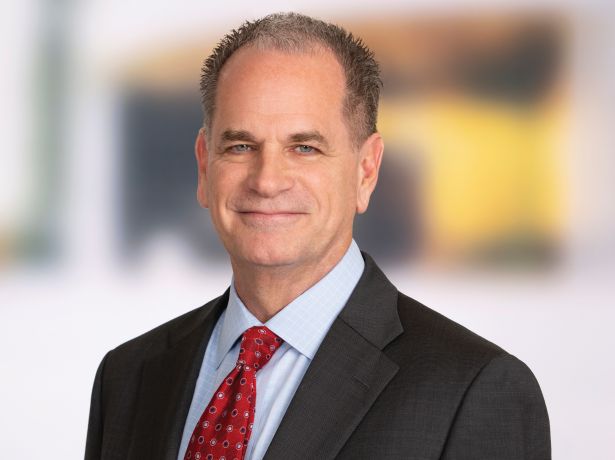
Bill Quinby
William Quinby
Vice Chairman and Co-Regional Manager at Savills

William Quinby has seen plenty of commercial real estate trends come and go in his more than three decades at Savills. Even in the face of inflation, a potential recession and an ongoing global pandemic, Quinby, who mostly represents government, nonprofit and university institutions, said his business has stayed much the same. “The governments that I’ve worked with have had the responsibility as a government to stay in business and the philosophy that their employees should be in the office — and, consequently, they made it safe for them to do so,” Quinby said. “They have not embraced this full hybrid work but have just carefully looked at an appropriate hybrid model, and that has not led to a reduction in footprint.”
Quinby, who completed 1.3 million square feet in leases across 17 transactions in 2021, has represented Amtrak, George Mason University, the District of Columbia and the Metropolitan Washington Airport Authority. He was reluctant to discuss his clients, though he did not expect their space needs — particularly those on the government side — to change should a recession hit. Universities, on the other hand, may be more inclined to shrink or repurpose existing space rather than sign new leases, he added.
Quinby often represents tenants looking for new buildings, which are more difficult to find in Washington, D.C., he said. For his clients, often the location of a space is the first decision, and next comes the new development needed to meet a tenant’s specific space requirements.
Those deals, which involve the pre-leasing of a property that hasn’t been built yet, have been more complicated due to supply chain issues and staffing shortages that limit construction work. The No. 1 resource Quinby has tried to get for his clients, though, is time.
“We’re trying to start as early as we can on every project so that we have more schedule flexibility because, if we don’t, we’re going to shop less and be forced to buy what’s on the shelf right now,” Quinby said. “If it looks like we’re forced to make a decision, the market will take advantage of us.”



